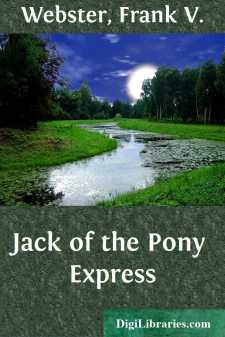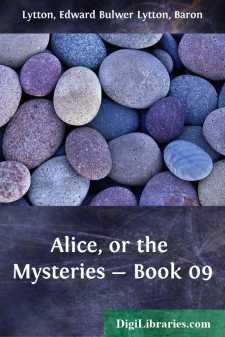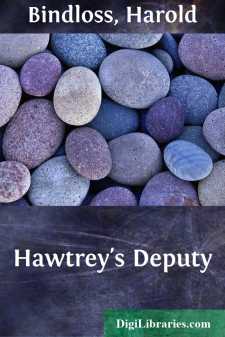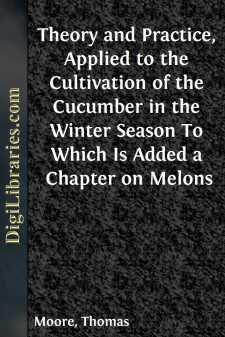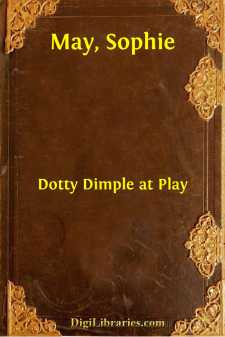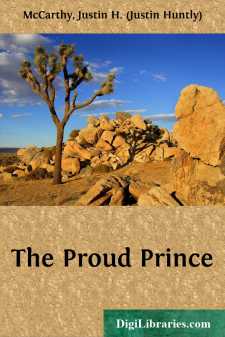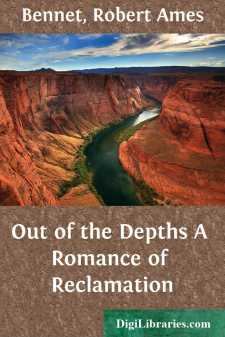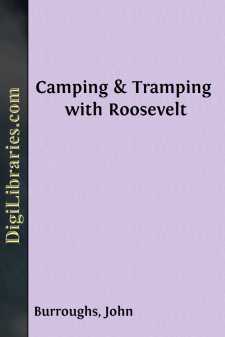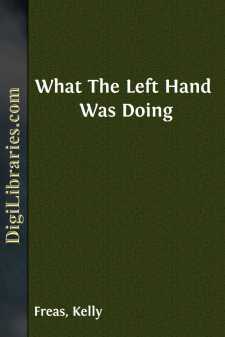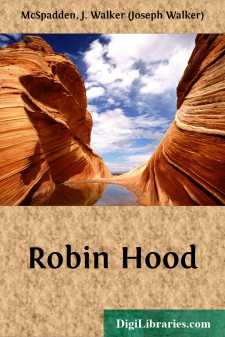Fiction
- Action & Adventure 180
- Biographical 15
- Christian 59
- Classics 6965
- Coming of Age 5
- Contemporary Women 3
- Erotica 8
- Espionage/Intrigue 12
- Fairy Tales, Folklore & Mythology 236
- Family Life 169
- Fantasy 117
- Gay 1
- General 596
- Ghost 32
- Historical 808
- Horror 43
- Humorous 160
- Jewish 25
- Legal 4
- Medical 22
- Mystery & Detective 315
- Political 49
- Psychological 41
- Religious 64
- Romance 159
- Sagas 11
- Science Fiction 730
- Sea Stories 113
- Short Stories (single author) 537
- Sports 10
- Suspense 1
- Technological 8
- Thrillers 2
- Urban Life 31
- Visionary & Metaphysical 1
- War & Military 173
- Westerns 199
Fiction Books
Sort by:
by:
Frank V. Webster
CHAPTER I JACK IN THE SADDLE "Your father is a little late to-night, isn't he Jack?" "Yes, Mrs. Watson, he should have been here a half-hour ago, and he would, too, if he had ridden Sunger instead of his own horse." "You think a lot of that pony of yours, don't you, Jack?" and a motherly-looking woman came to the doorway of a small cottage and peered up the mountain...
more...
CHAPTER I. THE privilege that statesmen ever claim, Who private interest never yet pursued, But still pretended 'twas for others' good. . . . . . . From hence on every humorous wind that veered With shifted sails a several course you steered. Absalom and Achitophel, Part ii. LORD VARGRAVE had for more than a fortnight remained at the inn at...
more...
by:
Harold Bindloss
SALLY CREIGHTON. The frost outside was bitter, and the prairie, which rolled back from Lander's in long undulations to the far horizon, gleamed white beneath the moon, but there was warmth and brightness in Stukely's wooden barn. It stood at one end of the little, desolate settlement, where the trail that came up from the railroad thirty miles away forked off into two wavy ribands that melted...
more...
by:
Thomas Moore
Chap. I. INTRODUCTORY REMARKS. The Cucumber, Cucumis sativa, is supposed to be a native of the East Indies; but like many other of our culinary plants, the real stations which it naturally has occupied, are involved in obscurity: in habit it is a trailing herb, with thick fleshy stems, broadly palmate leaves, and yellow axillary monæcious flowers. In the natural arrangement of the vegetable kingdom,...
more...
by:
Sophie May
CHAPTER I. "THE BLIND-EYED CHILDREN." "You is goin' off, Dotty Dimpwil." "Yes, dear, and you must kiss me." "No, not now; you isn't gone yet. You's goin' nex' day after this day." Miss Dimple and Horace exchanged glances, for they had an important secret between them. "Dotty, does you want to hear me crow like Bantie? 'Cause," added...
more...
FAIR MAID AND FOUL FOOL The girl stood on the summit of the hill looking down the white highway that stretched to Syracuse. The morning sun shone hotly; sky and sea and earth seemed to kindle and quicken in the ecstasy of heat, setting free spirits of air and earth and water, towards whom the girl’s spirit stirred in sympathy. All about her beauty flamed luxuriant. At her feet the secrets of the...
more...
CHAPTER I DEEP CAÑON The hunter was riding leisurely up the steep mountain side above Dry Mesa. On such an ascent most city men would have preferred to climb afoot. But there was a month’s layer of tan on the hunter’s handsome, supercilious face. He balanced himself lightly on his flat English saddle, and permitted the wiry little cow pony to pick the best path over the ledges and up the stiff...
more...
by:
John Burroughs
INTRODUCTION This little volume really needs no introduction; the two sketches of which it is made explain and, I hope, justify themselves. But there is one phase of the President's many-sided character upon which I should like to lay especial emphasis, namely, his natural history bent and knowledge. Amid all his absorbing interests and masterful activities in other fields, his interest and his...
more...
by:
Kelly Freas
There is no lie so totally convincing as something the other fellow already knows-for-sure is the truth. And no cover-story so convincing…The building itself was unprepossessive enough. It was an old-fashioned, six-floor, brick structure that had, over the years, served first as a private home, then as an apartment building, and finally as the headquarters for the organization it presently housed. It...
more...
CHAPTER I HOW ROBIN HOOD BECAME AN OUTLAW List and hearken, gentlemen,That be of free-born blood,I shall you tell of a good yeoman,His name was Robin Hood. Robin was a proud outlaw,While as he walked on the ground.So courteous an outlaw as he was oneWas never none else found. In the days of good King Harry the Second of England—he of the warring sons—there were certain forests in the north country...
more...


